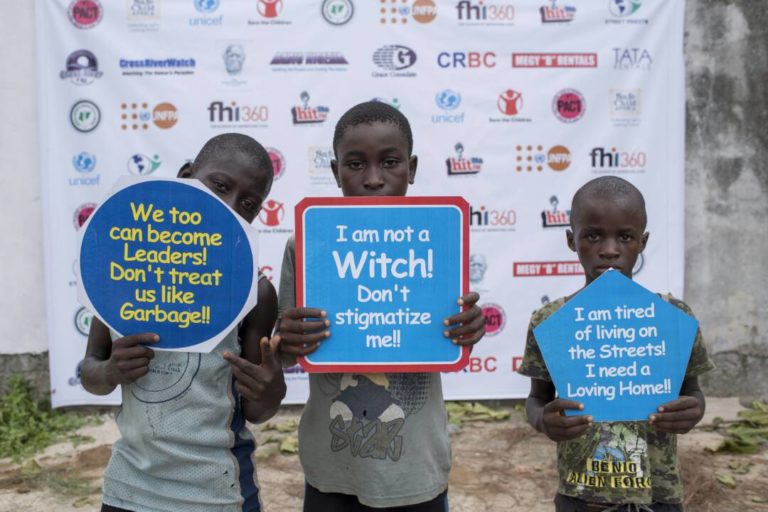Today, April 12th, marks the observance of the International Day for Street Children, shedding light on the struggles faced by millions of children worldwide who live and work on the streets. With the theme “Embracing Belonging,” this year’s focus underscores the imperative of recognizing these children as integral members of society and ensuring their rights and well-being are safeguarded.
According to the United Nations Children’s Emergency Fund (UNICEF), Nigeria grapples with a staggering figure of over 10 million street children, exacerbated by factors such as the insurgency in the North-East, which has led to school closures, further exacerbating the crisis.
Repressive practices like witchcraft branding, child marriage, neglect, discrimination, and poverty propel children onto the streets, depriving them of basic necessities, including education. UNICEF’s statistics reveal that approximately 10.5 million Nigerian children aged 5-14 are out of school, with only 61 percent of 6-11 year-olds regularly attending primary school, and a mere 35.6 percent of children aged 36-59 months receiving early childhood education.
To commemorate this globally recognized day, non-governmental organizations (NGOs) and rights activists advocate for equal rights and zero discrimination for street children.
In a joint press release by Prof. Eka Ikpi Braide and Eseoghene Edoja-Ibor, representing the Basic Rights Counsel Initiative and the Coalition of Youth Serving NGOs and Individuals in Calabar, Cross River State, emphasis is placed on critical governmental steps to support these children and foster a more inclusive society.
The NGOs stress the importance of prioritizing policies and initiatives that promote equality and non-discrimination, advocating for the implementation of laws and regulations protecting the rights of all children, irrespective of their socio-economic background or living situation.
Furthermore, they highlight the necessity of creating a safe and supportive environment for street children, urging governments to collaborate with local authorities and organizations to provide shelters, counseling services, and legal aid to protect vulnerable children from exploitation, abuse, and violence.
“Recognizing the unique needs and challenges faced by children in street situations, governments should develop specialized programs and interventions tailored to their circumstances. These include outreach programmes, vocational training, and rehabilitation services aimed at reintegrating these children into society.”
The NGOs pledge their commitment to building a world where every child, regardless of background or circumstances is given the opportunity to thrive, adding: “By embracing a sense of belonging, we stand in solidarity with these children towards a fairer and more compassionate society.”






